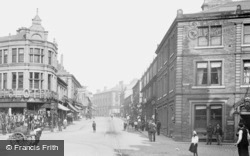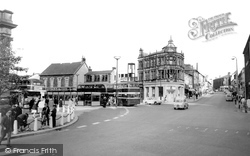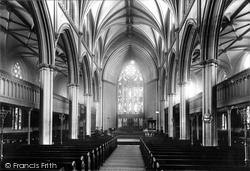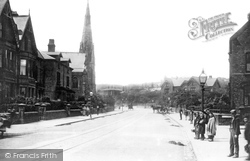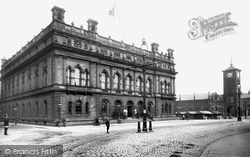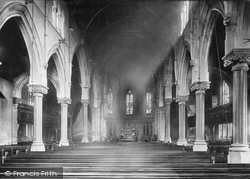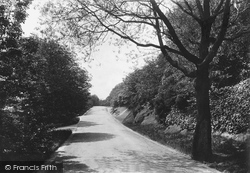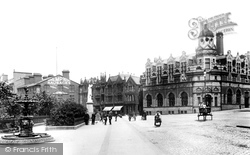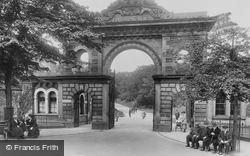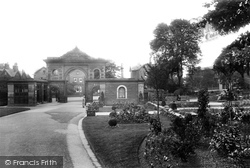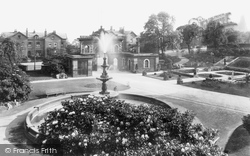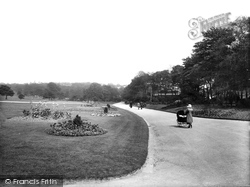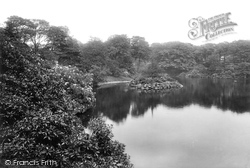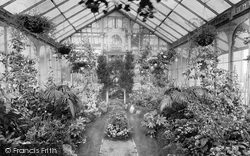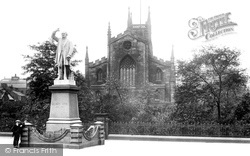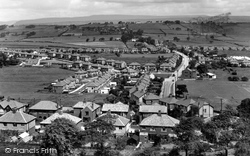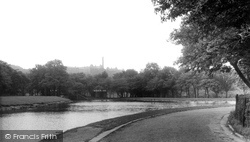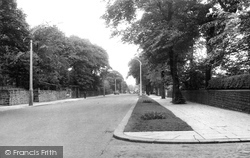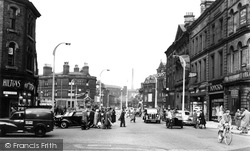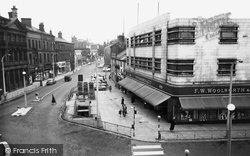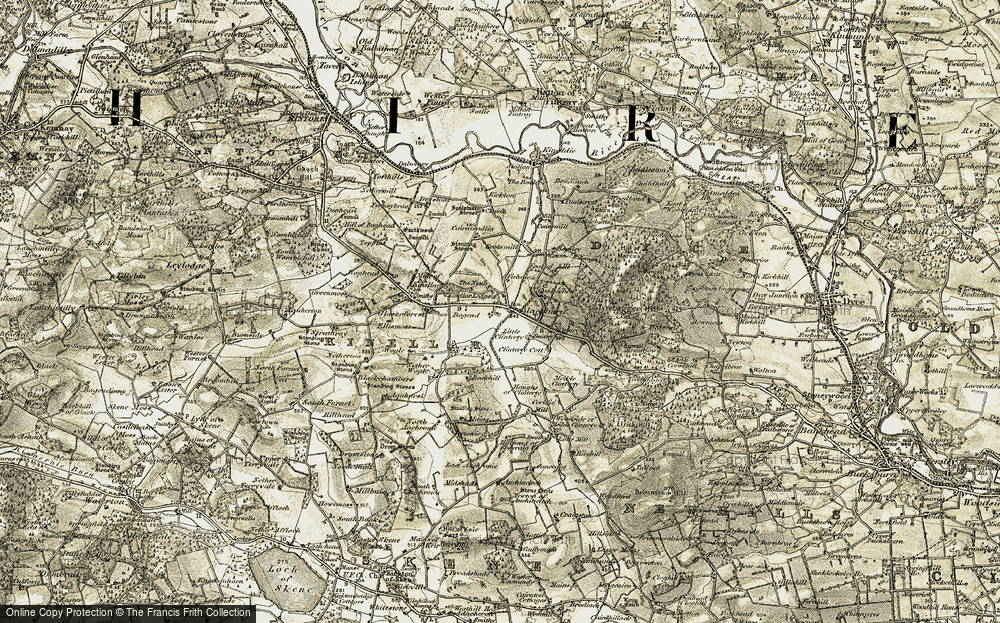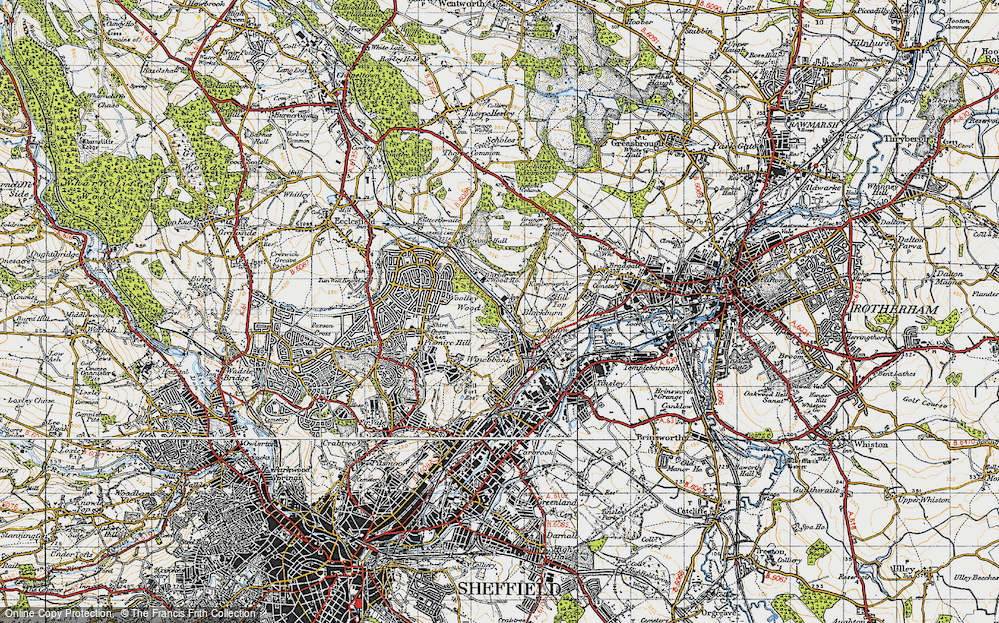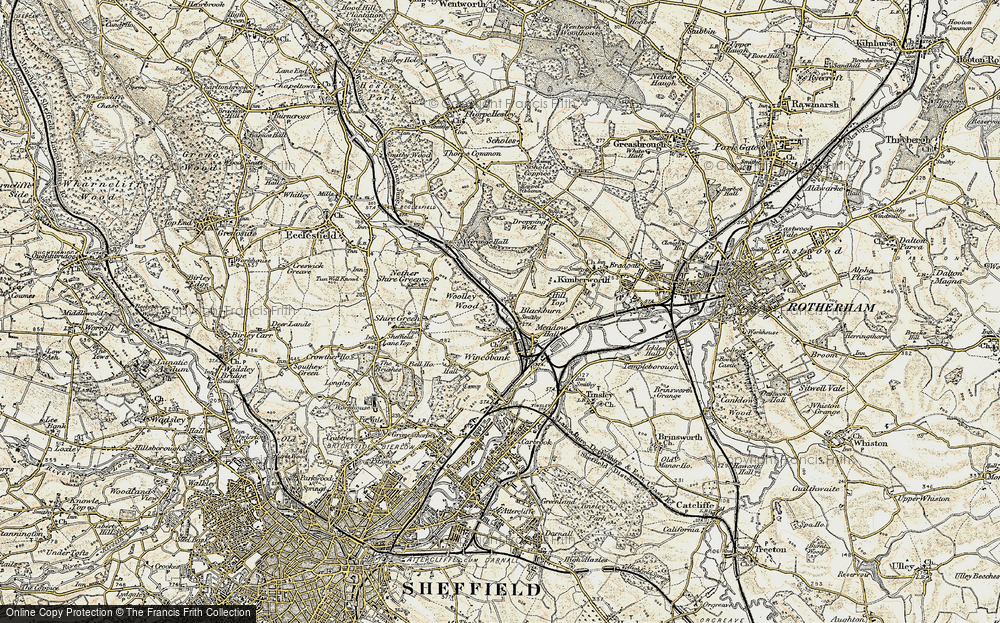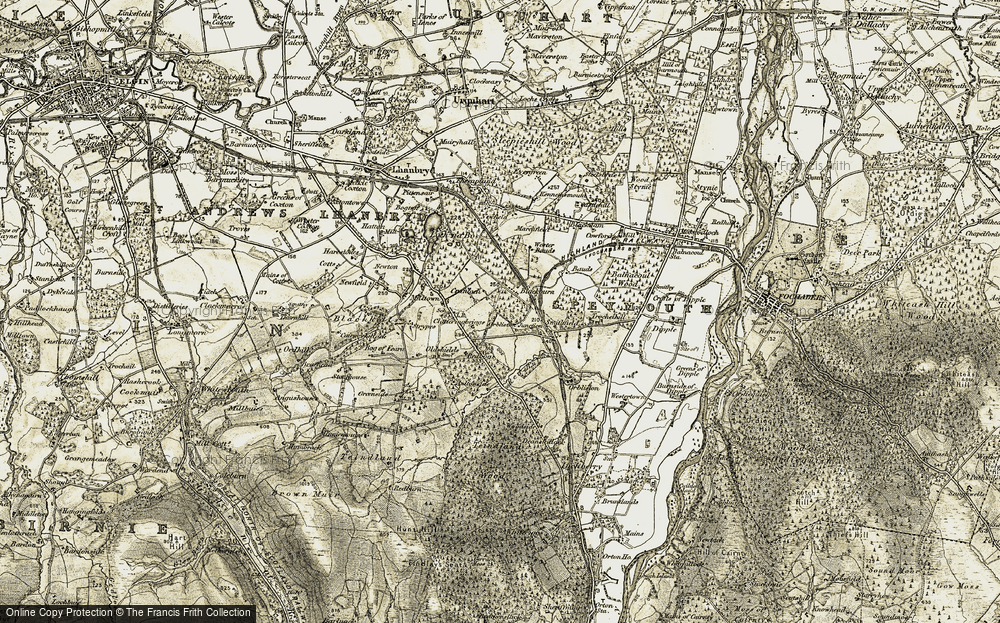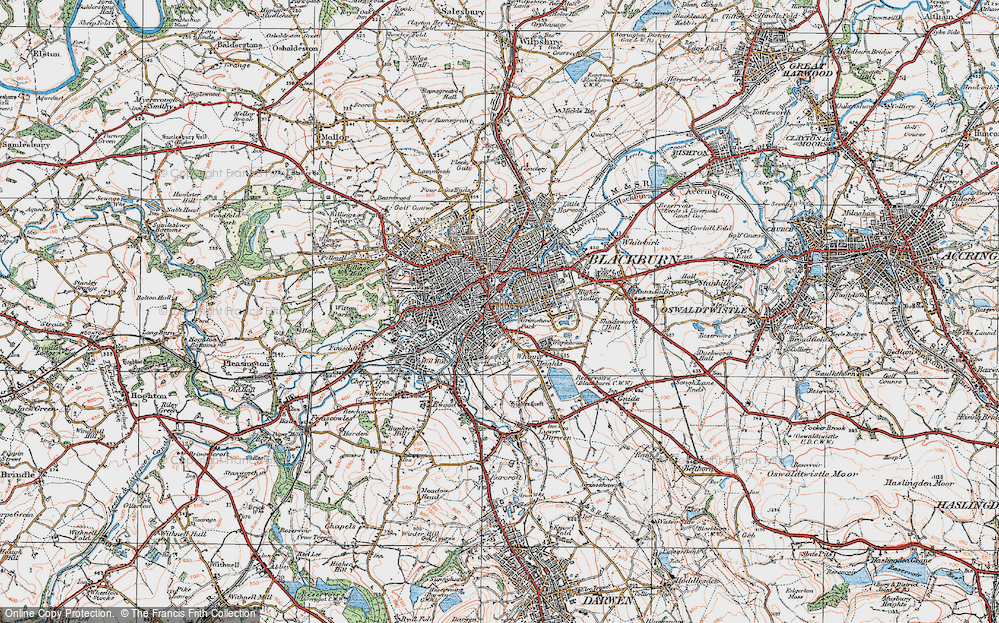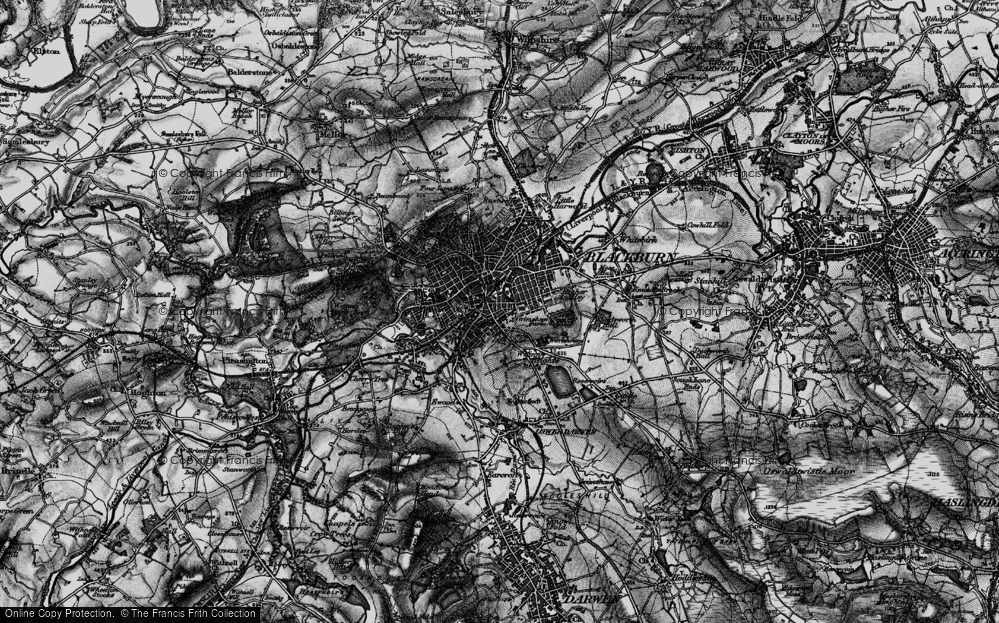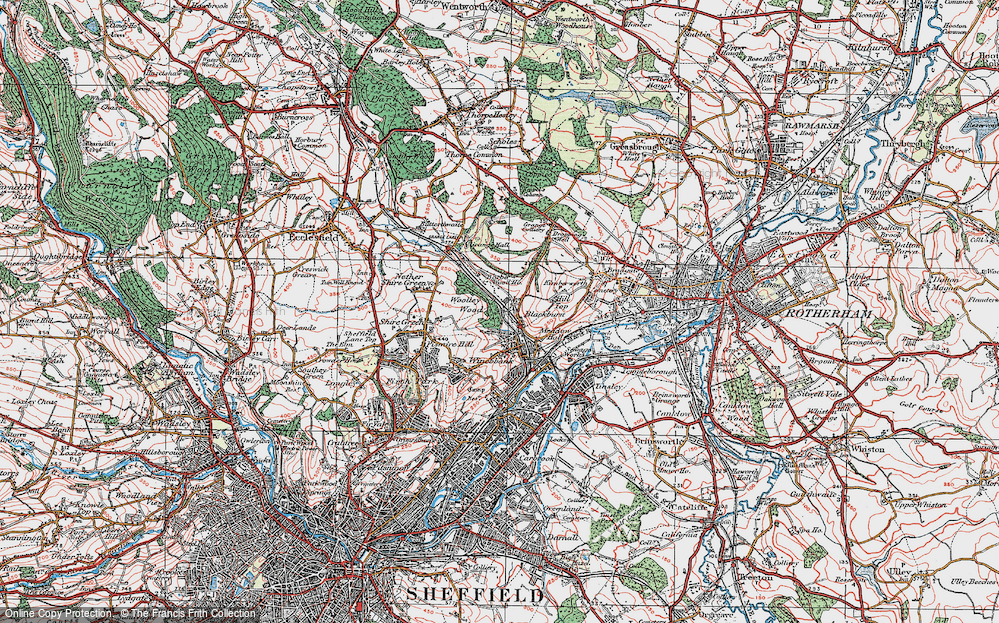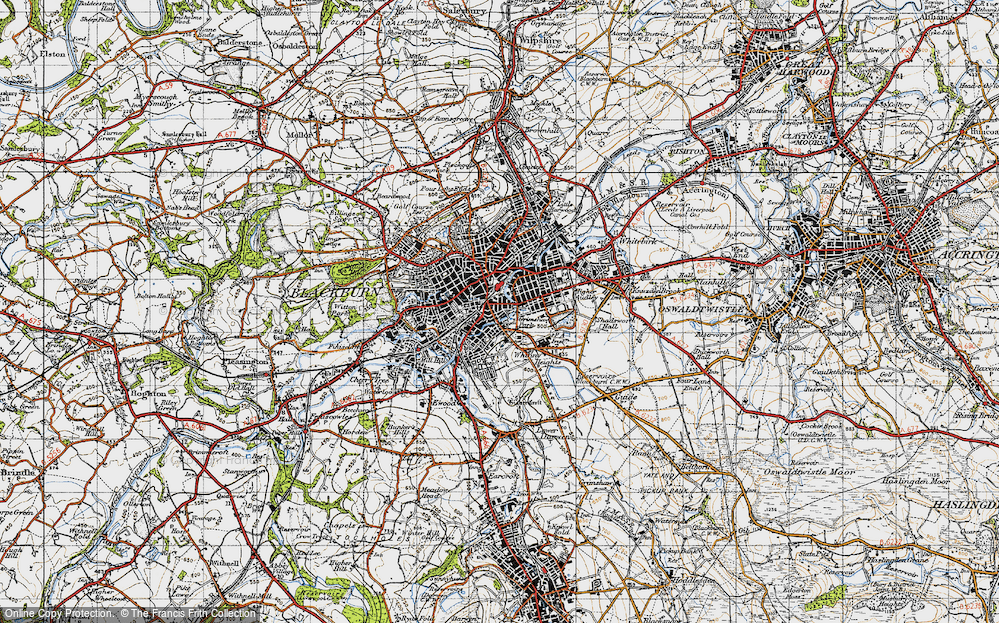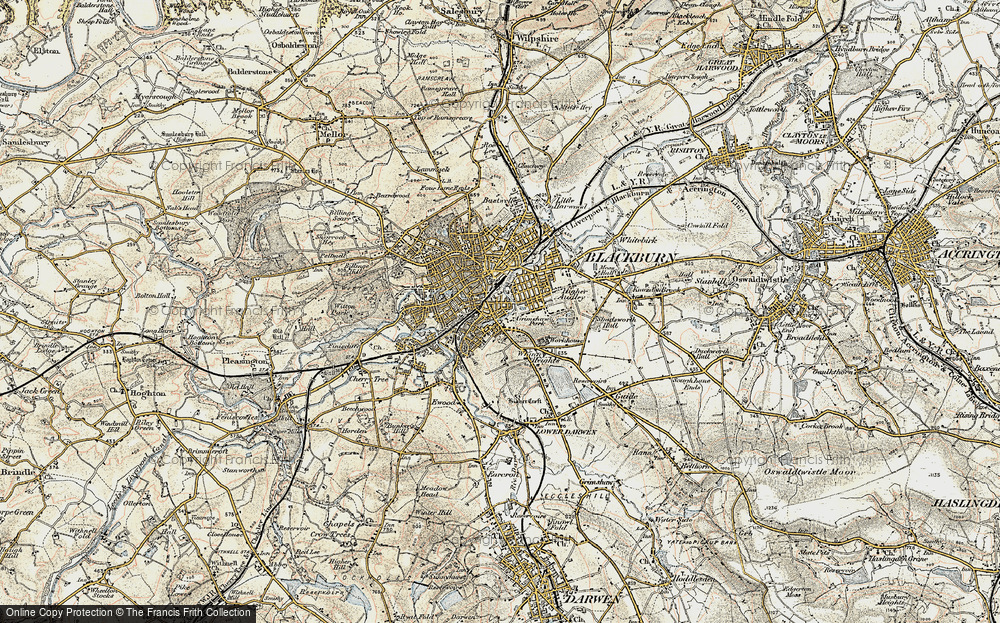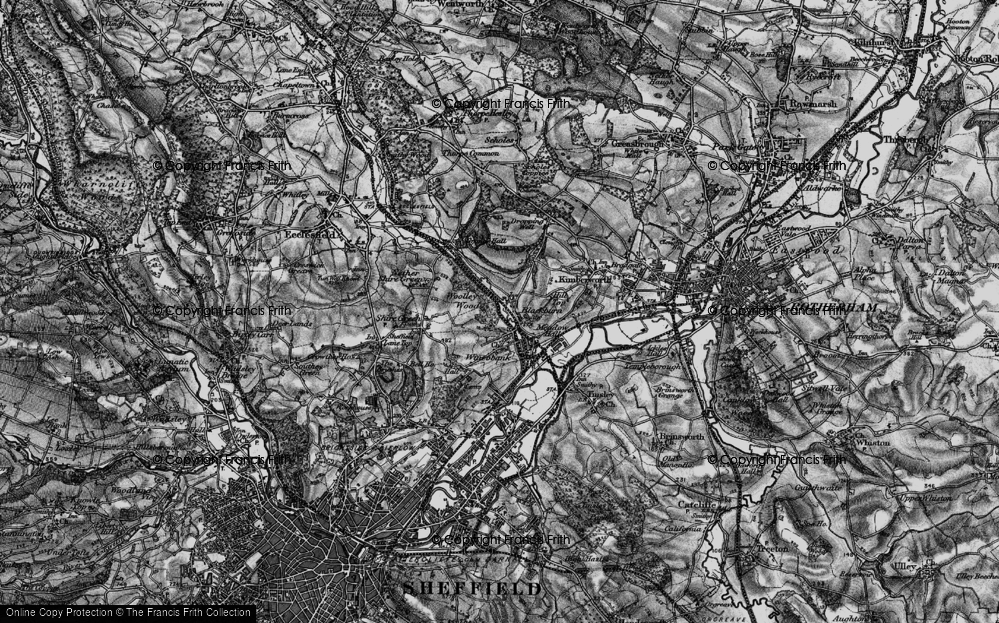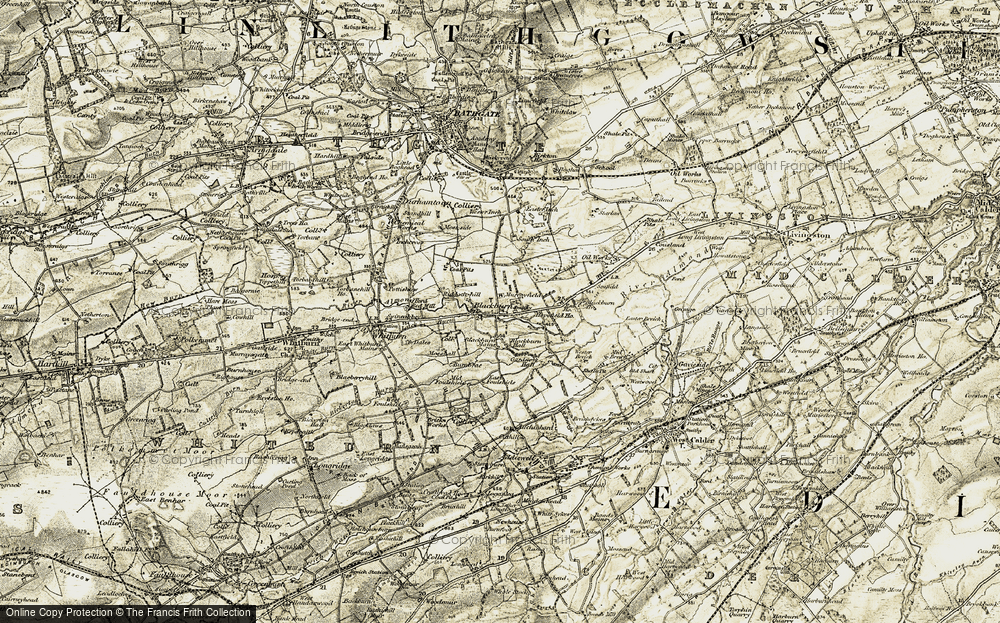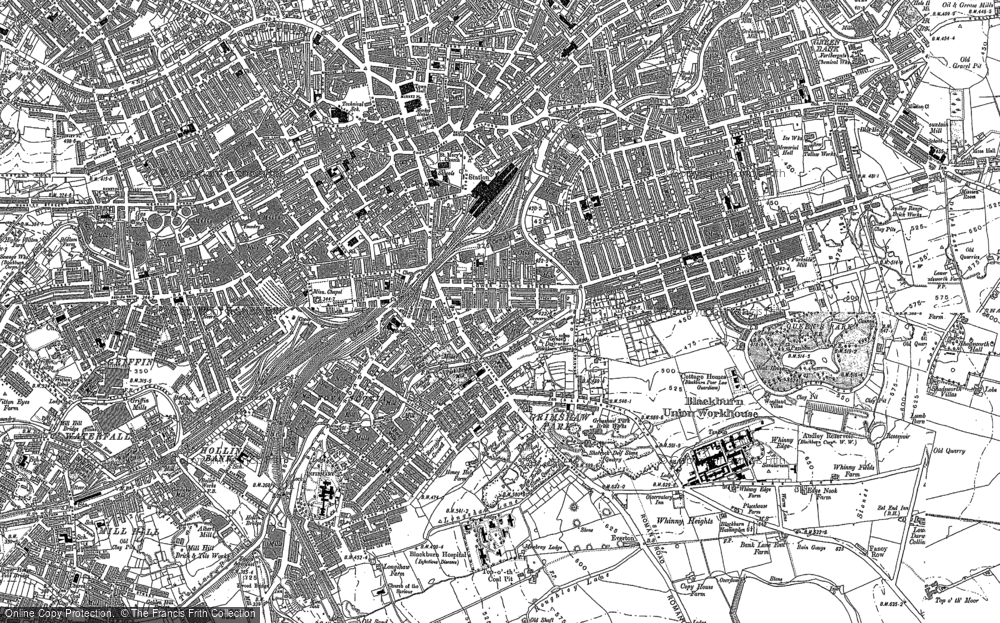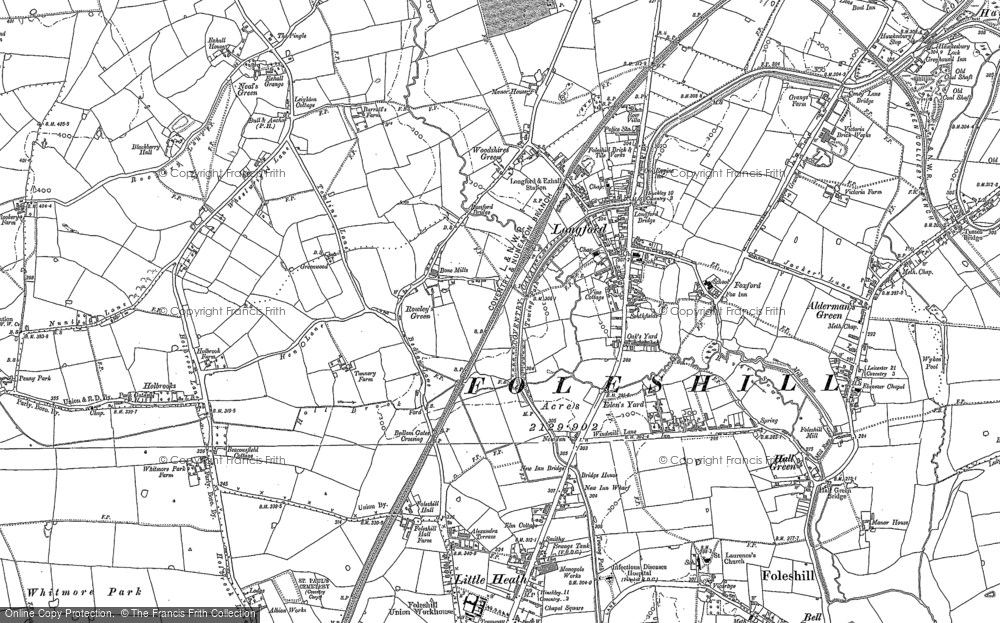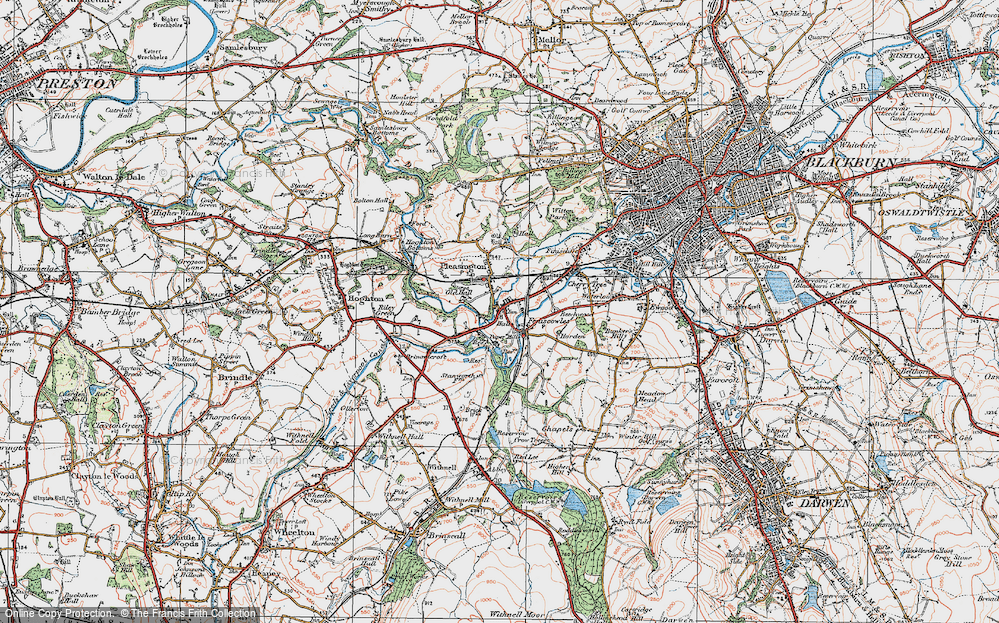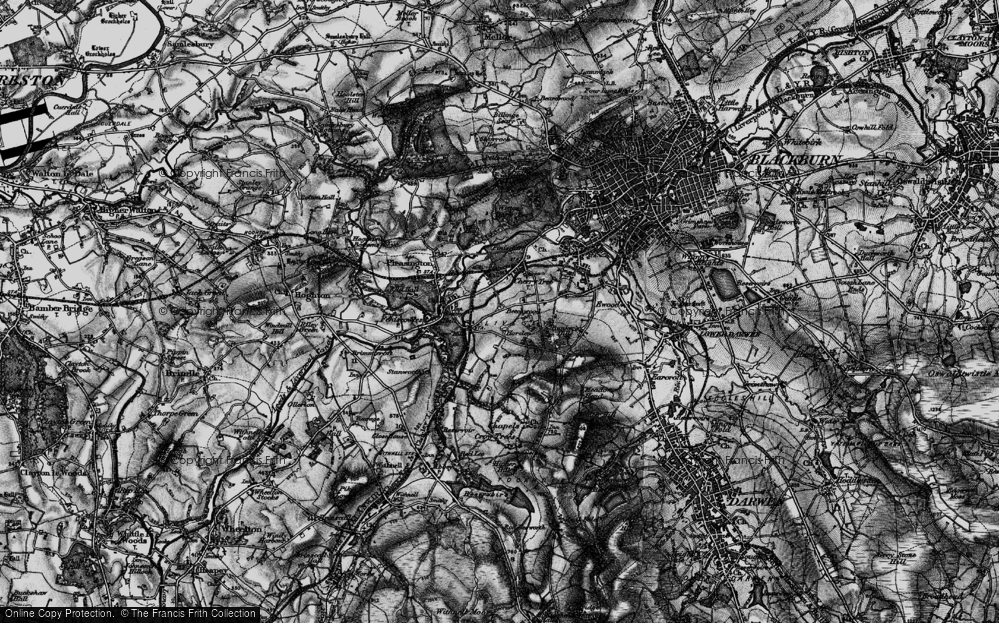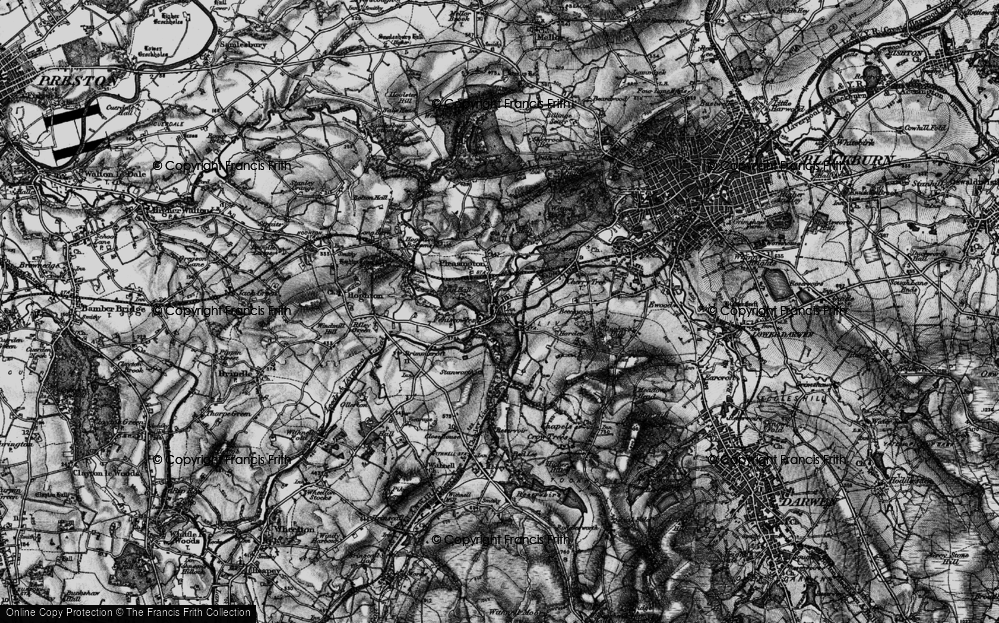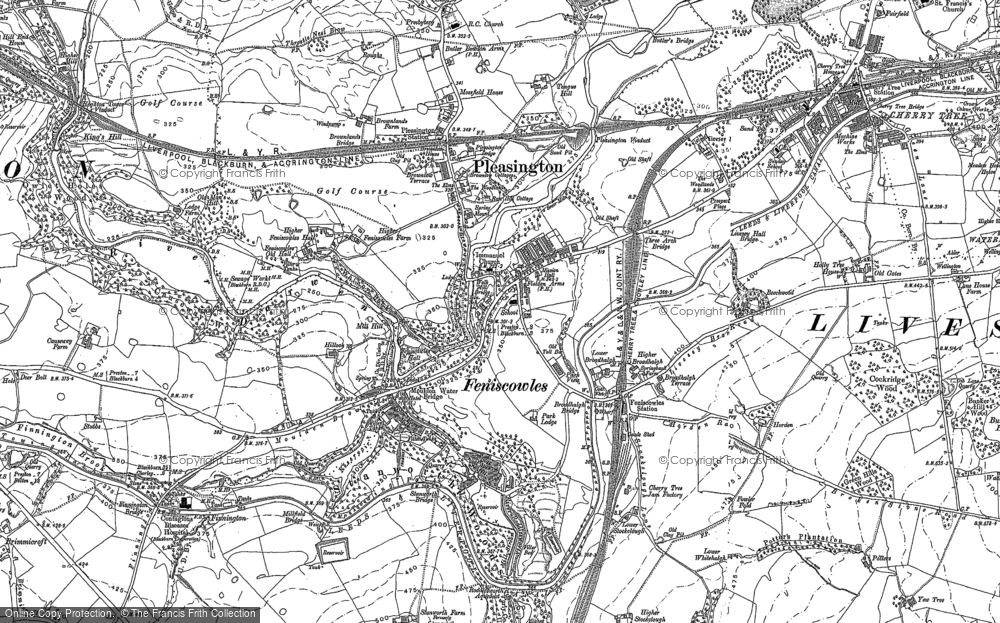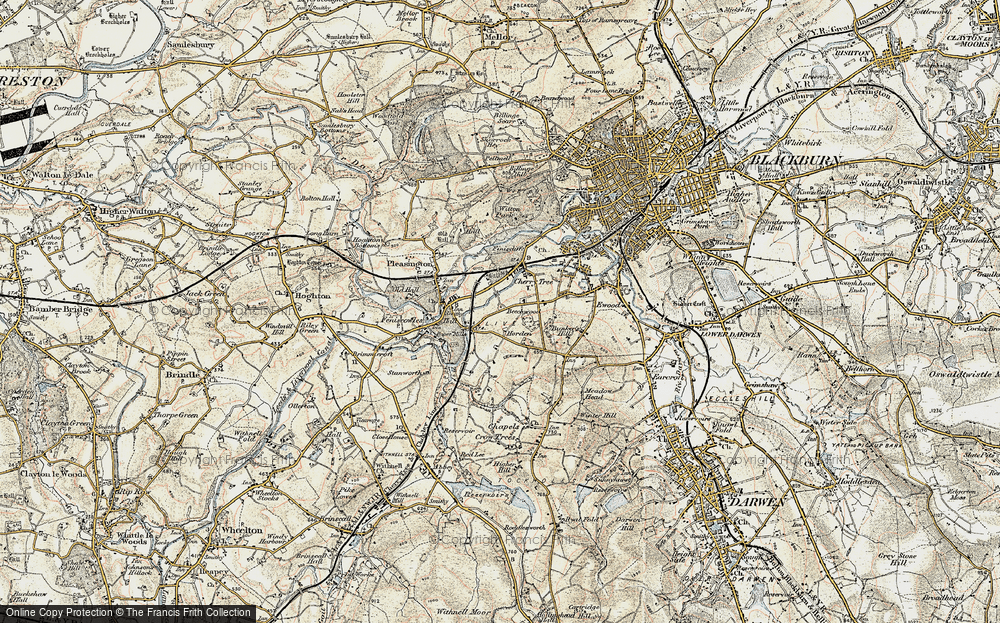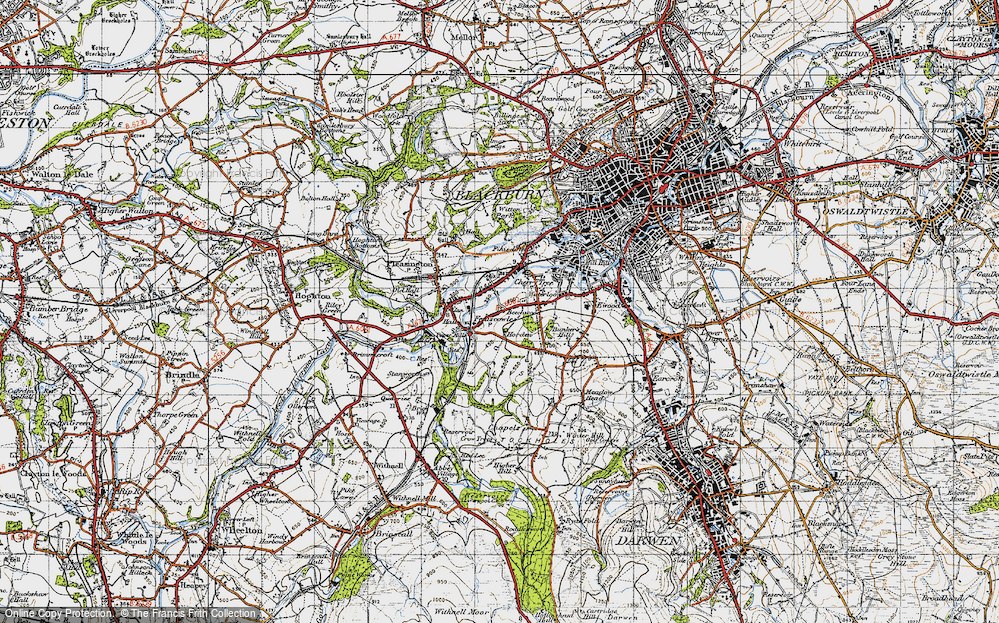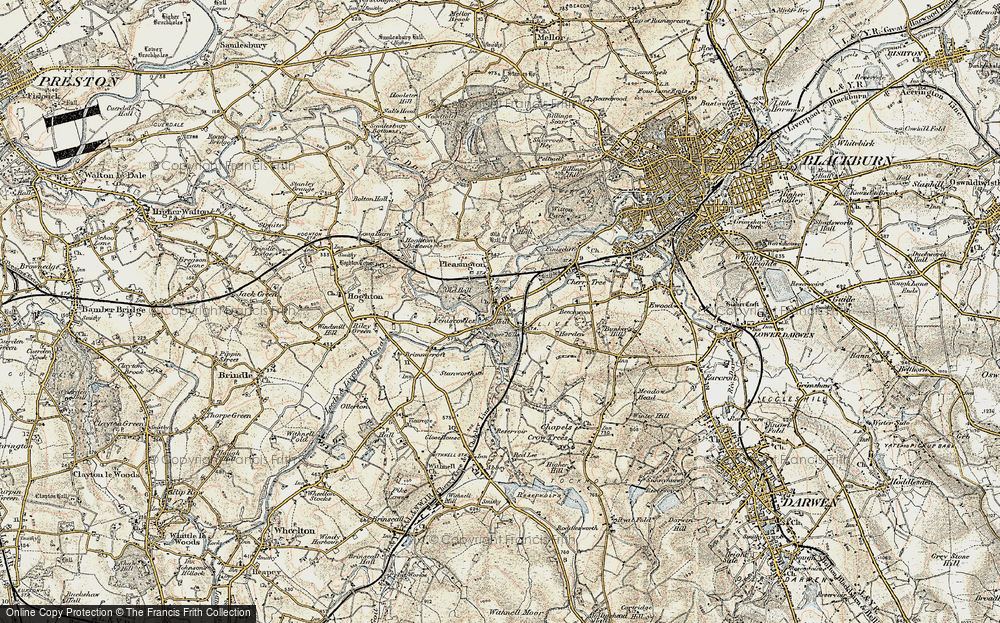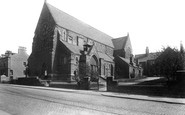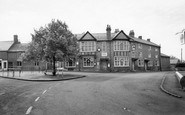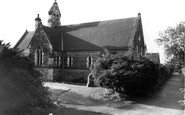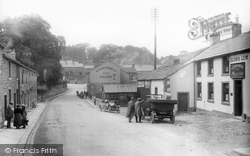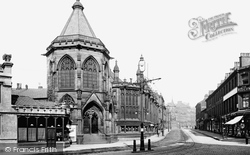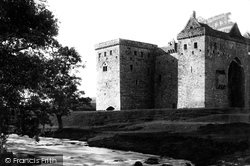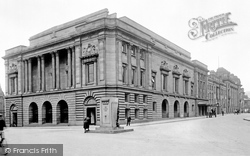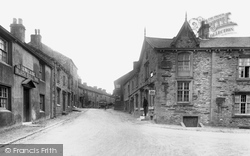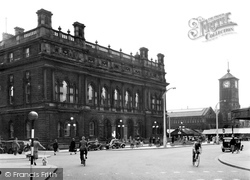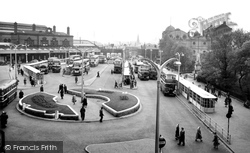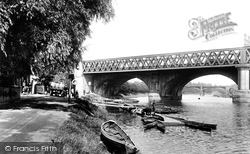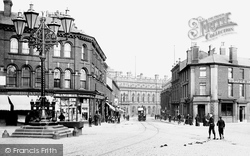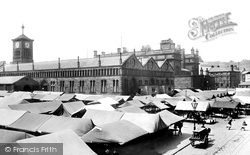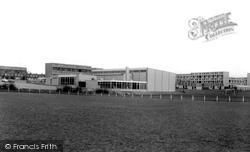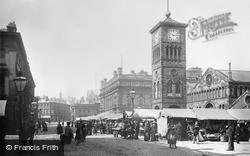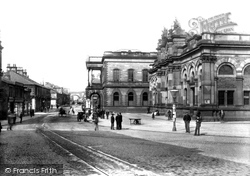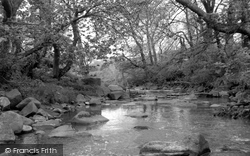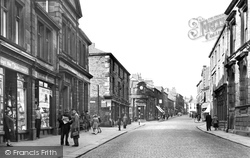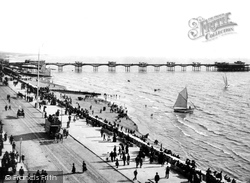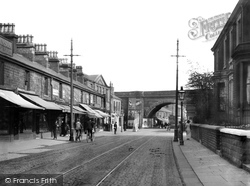Places
36 places found.
Those places high-lighted have photos. All locations may have maps, books and memories.
- Blackburn, Lancashire
- Darwen, Lancashire
- Blackburn, Lothian
- Brookhouse, Lancashire (near Blackburn)
- Cherry Tree, Lancashire
- Turton Bottoms, Lancashire
- Belmont, Lancashire
- Blackburn, Grampian (near Cranloch)
- Little Harwood, Lancashire
- Blackburn, Grampian (near Kintore)
- Blackburn, Yorkshire (near Rotherham)
- Pleasington, Lancashire
- Feniscowles, Lancashire (near Blackburn)
- Feniscowles, Lancashire (near Blackburn)
- Intack, Lancashire (near Blackburn)
- Mill Hill, Lancashire (near Blackburn)
- Four Lane Ends, Lancashire (near Blackburn)
- Waterloo, Lancashire
- Brownhill, Lancashire
- Whitehall, Lancashire
- Chapeltown, Lancashire
- Chapels, Lancashire
- Rosehill, Lancashire
- Waterside, Lancashire
- Feniscliffe, Lancashire
- Edge Fold, Lancashire
- Higher Croft, Lancashire
- Bank Hey, Lancashire
- Blacksnape, Lancashire
- Whittlestone Head, Lancashire
- Hoddlesden, Lancashire
- Edgworth, Lancashire
- Lammack, Lancashire
- Lower Darwen, Lancashire
- Pickup Bank, Lancashire
- Pleckgate, Lancashire
Photos
149 photos found. Showing results 1 to 20.
Maps
232 maps found.
Books
Sorry, no books were found that related to your search.
Memories
184 memories found. Showing results 1 to 10.
Living In North Boarhunt 1965 1968
My parents moved to North Boarhunt in 1964/65. We lived at the top of Trampers Lane - sideways to what was then Doney's Garage. Our house was called "Tryfan". I went to Newton Primary School and have very fond ...Read more
A memory of North Boarhunt in 1965 by
Combe Florey Primary School
The village school in Combe Florey closed in about 1958 I believe, it exists as a private house now, but I can still remember the mile long walk to and from it, through the lanes every morning and afternoon. Mum would ...Read more
A memory of Combe Florey in 1958 by
My Schooldays 1952 54 Near Skipton
My Grandparents lived at 26 Otley Street in Skipton from the 1940 ( or earlier ) and I had first visited them in 1945 after VE day, They were Thomas Henry Jackson, my Grandmother Charlotte Jackson and their batchelor ...Read more
A memory of Skipton in 1952 by
Sacred Heart Church
This is Sacred Heart RC Church, in Accrington. It has now been demolished. I have many great memories and some not so great from this sacred place. I felt like I had to share this info, with you when I saw this picture. When ...Read more
A memory of Accrington by
Wartime Years In Llanarmon Yn Ial
Shortly after the outbreak of war, my Father who had a pet shop in Wallasey, evacuated the family to Llanarmon. We consisted of Dad, Mum, my brother Ray and myself. We moved into Rose Cottage in the village, ...Read more
A memory of Llanarmon-yn-Ial in 1940 by
The Nag''s Head
One didn't have to travel to London in the past to watch pro bands plying their trade. The Nag's Head public house was a much attended venue during the late 1960s and early 1970s for watching many of the (what was then known as) ...Read more
A memory of Wollaston in 1969 by
War Years
The Tucker family were evacuated to Green Hammerton from 1940 - 1942. My brother John lived with Mr & Mrs Blackburn and my sister lived with Mrs Wray at the post office. They are both alive and still keep in contact with one of the village residents whom I shall be visiting this September.
A memory of Green Hammerton in 1940 by
Evacuation
I was 6 years old in 1941 and a native of Glasgow. During the worst of the German bombing at that time, my mother, brother and I moved to Auchnahyle Farm, which was farmed by my father's uncle and aunts, Bob, Mag and Jess Jamieson. My ...Read more
A memory of Pitlochry in 1941 by
Cheadle In The Second World War
I think that we must have moved to Cheadle around 1938, because I was born in Newcastle under Lyme, but my younger sister was born in Cheadle in 1939. At that time we lived on Leek Road. We had various ...Read more
A memory of Cheadle in 1930 by
Betton A Rural Idyl
I literally stumbled upon this website and have been interested to read the memories of people who lived in Betton, a place well known to me. I lived there as a wartime evacuee in the 1940s, and Marc Chrysanthou's ...Read more
A memory of Market Drayton in 1940 by
Captions
68 captions found. Showing results 1 to 24.
The 'burn' part of the name comes from the stream which runs through the village.
Here we see the grand facade of the Blackburn Exchange & Reading Room, which opened in April 1865.
Said to be a devotee of the black arts, he was abducted by his God-fearing tenants, rolled in a sheet of lead and taken to Ninestane Rig, a stone circle beyond Whitterhope Burn.
Here we see the grand facade of the Blackburn Exchange & Reading Room, which opened in April 1865. It was known later as the Cotton Exchange.
Blackburn's Public Hall opened in 1923. The Sessions House is just beyond it on the right. Now called King George's Hall, it is still one of the centres of entertainment in Blackburn.
Blackburn's Public Hall opened in 1923.The Sessions House is just beyond it on the right. Now called King George's Hall, it is still one of the centres of entertainment in Blackburn.
'Slaid' means 'flat marshy ground', 'burn' is the Old English word for brook, so the name means 'flat marshy ground by the brook', which describes the area well.
Blackburn became a County Borough in 1888. On 5 November 1925 the Blackburn Church Diocese was founded, and the parish church became a Cathedral.
This photograph captures the great changes that were going on in Blackburn during the post-war period.
This bridge is a railway bridge, and is now part of the west coast main line.Another railway bridge (to Blackburn) can be seen in the distance.
Another railway bridge (to Blackburn) can be seen in the distance.
Stationers and Bookshop.The large window proudly proclaims that they have a Bible and Prayer Book Department.The horse-drawn tram heads off towards the Town Hall.The Sudell family can be traced back
When this photograph was taken, Blackburn had two markets, the indoor market and an open air one, held every Wednesday and Saturday. This photograph shows the open market in New Market Street.
This photograph captures the changes that were going on in Blackburn at the time.
A bleak featureless view of Blackburn New Town.
Blackburn had two markets, the indoor market and an open air one, held every Wednesday and Saturday, when this photograph was taken. Friday was later added to the open market days.
Blackburn became a County Borough in 1888. On 5 November 1925 the Blackburn Church Diocese was founded, and the parish church became a Cathedral.
Blackburn means 'on the black stream'.The town guards the entrances to the river valleys we have been looking at in earlier pages - the Ribble, the Hyndeburn and the Hodder - and was the starting
Slaid means 'flat marshy ground', burn is the Old English word for brook, so the name means 'flat marshy ground by the brook', which describes the area well.
Blackburn Road is at the very heart of the town. The first building on the right is the Market Hall, and next to that, in the centre of our photograph, is the Town Hall.
The River Almond flows from Blackburn to the three towns of East, Mid and West Calder. It was at Mid Calder in 1556 that John Knox first administered Communion according to Protestant rites.
Stone setts pave the street and unobtrusive traffic lights control its junction with Manchester and Blackburn Roads.
Places such as Blackburn and Burnley were all but empty as millworkers and their families escaped en masse to Blackpool, Southport, Morecambe, Scarborough and North Wales.
is now the East Lancashire Preserved Railway.As well as having three railway lines, the town also had three turnpike roads.They were the Whalley to Manchester Road (1790), now Abbey Street; the Blackburn
Places (54)
Photos (149)
Memories (184)
Books (0)
Maps (232)




